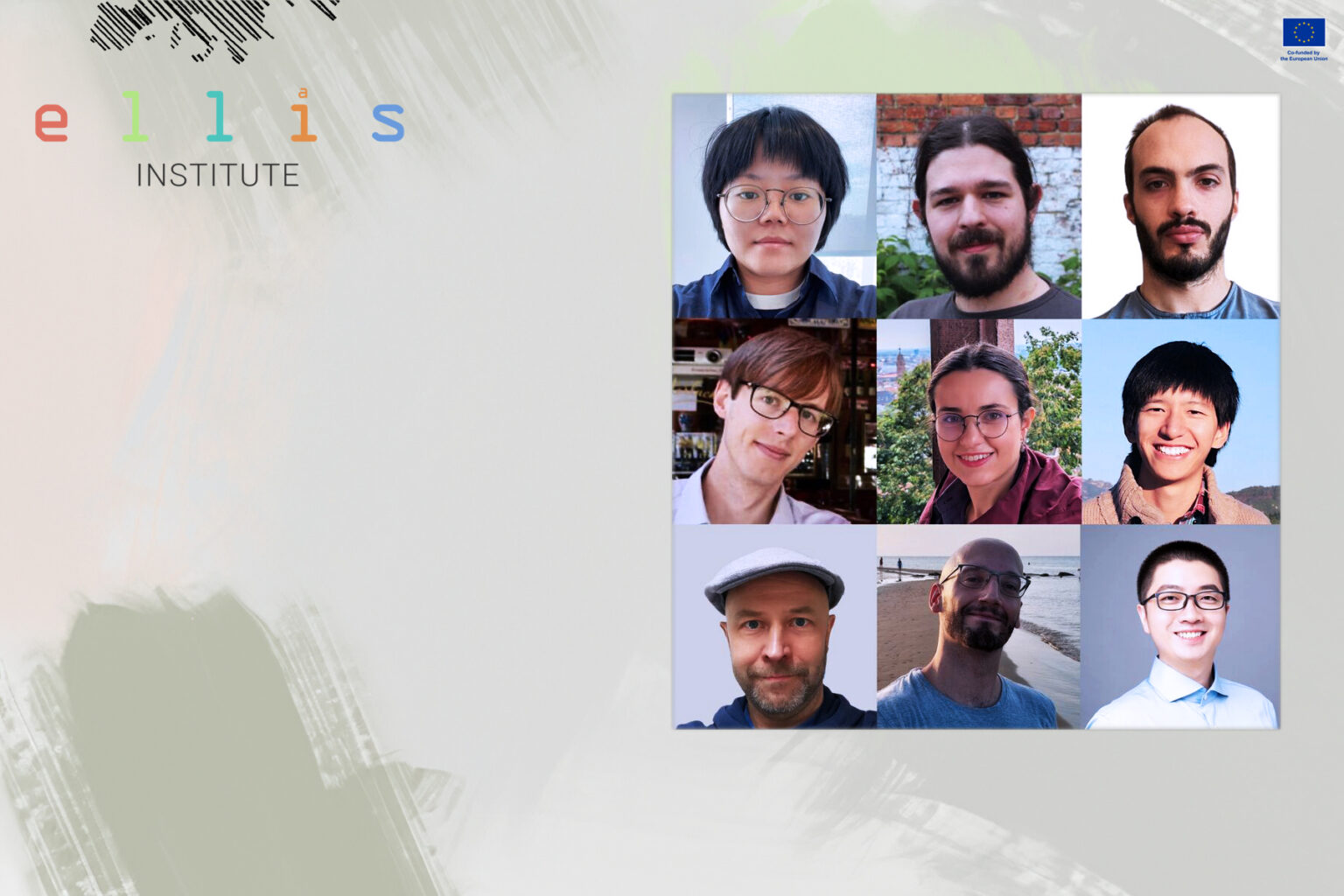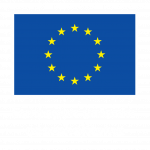

ELLIS Institute Finland recruited 9 new professors as principal investigators
Nine leading researchers from around the world recruited to establish ELLIS Institute Finland, signalling Nordic nation’s ambition in artificial intelligence.

Text: Martti Asikainen, 21.8.2025 Photo: Martti Asikainen

Finland has pulled off a major coup in the global battle for AI talent, poaching nine leading researchers from prestigious institutions including Oxford University and the Technical University of Munich in what represents one of Europe’s most ambitious attempts to challenge American and Chinese dominance in artificial intelligence.
The successful candidates, selected from 360 international applications in what industry insiders describe as an exceptionally competitive process, will lead the newly established ELLIS Institute Finland – only the second institute in the pan-European AI network of excellence.
The recruitment drive, backed by both government funding and private investment from Foundation PS – established by Finnish entrepreneur Peter Sarlin – offers a compelling package: professorships at top Finnish universities, access to Europe’s LUMI supercomputer, and the opportunity to build research teams from scratch in a country increasingly seen as a bridge between Western Europe and the tech-savvy Nordic region.
The cutting-edge research
The new institute represents a significant investment in Finland’s AI capabilities, with researchers holding dual appointments at the institute and partner universities across the country. Several of the positions are funded by Foundation PS, a private foundation established by entrepreneur Peter Sarlin specifically to attract international talent to Finland’s AI ecosystem.
“This is an exceptionally promising group of scientists and we are thrilled that they have chosen to join ELLIS Institute Finland,” says Samuel Kaski, director of the institute and professor at Aalto University. “They represent the most cutting-edge research in AI and machine learning today.”
Among the high-profile recruits is Andrew Cropper from the University of Oxford, who specialises in combining logical reasoning with machine learning—a field known as inductive logic programming. Cropper will join the University of Helsinki as an assistant professor and PS Fellow.
The international lineup reflects the institute’s global reach, with researchers recruited from institutions including the University of Toronto, Technical University of Munich, Swiss Federal Institute of Technology Lausanne (EPFL), and the University of Western Ontario. Their research spans critical areas including trustworthy AI, multimodal foundation models, healthcare applications, and reinforcement learning.
Nine new principal investigators
The institute will officially launch at a ceremony in November 2025, with the nine new principal investigators taking up their positions throughout the current academic year. Additional international recruitment rounds are planned for autumn 2025 as the institute seeks to expand further.
- Qi Chen is currently a postdoctoral fellow at the University of Toronto. Her research interests include trustworthy and efficient AI, with a future focus on the theories and applications of generative AI. She will be co-affiliated with Aalto University.
- Michael Cochez is currently an assistant professor at Vrije Universiteit Amsterdam. His research interests are in knowledge graph embedding, scalable hierarchical clustering, prototype-based ontologies, ontology matching and knowledge evolution. He will be a PS Fellow affiliated with Åbo Akademi University.
- Francesco Croce is currently a postdoctoral fellow at the Swiss Federal Institute of Technology Lausanne (EPFL). His research focuses on multimodal foundation models, with a particular interest in their adversarial robustness and alignment with human perception. He will be a PS Fellow affiliated with Aalto University.
- Andrew Cropper is currently a research fellow at the University of Oxford. He works on combining logical reasoning and machine learning, known as inductive logic programming. He will be a PS Fellow affiliated with the University of Helsinki.
- Azade Farshad is currently a postdoctoral fellow at the Technical University of Munich. Her research interests are semantic scene modeling, generative models, and graph learning for general and healthcare applications. She will be co-affiliated with Aalto University.
- Shaoxiong Ji is currently a research group leader at the Technical University of Darmstadt. His research interests are multilingual large language models and health applications. He will be a PS Fellow affiliated with the University of Turku.
- Mikko Karttunen is currently professor of physics and chemistry, and Canada Research Chair (Tier 1) in computational materials and biomaterials research at the University of Western Ontario. His research interests are in materials science, biology and biomedical sciences, with high-performance simulations, machine learning and AI. He will be a PS Fellow affiliated with the University of Eastern Finland.
- Simone Parisi is currently a postdoctoral fellow at the University of Alberta. His research interests are in reinforcement learning, especially in the fields of exploration, representation learning, partial observability, transfer learning, and multi-objective optimization. He will be co-affiliated with Tampere University.
- Jiancheng (JC) Yang is currently a postdoctoral researcher at the Swiss Federal Institute of Technology Lausanne (EPFL). His research emphasizes spatial intelligence for healthcare, leveraging geometric, generative, and multimodal deep learning, and translating these methods into real-world clinical impact. He will be co-affiliated with Aalto University.
Efforts to challenge the status quo
Finland’s move comes as European nations increasingly compete to establish themselves as leaders in AI research and development, particularly as the technology’s strategic importance becomes ever more apparent. The country already hosts the LUMI supercomputer, one of Europe’s most powerful computing resources, providing researchers with cutting-edge infrastructure.
Sasu Tarkoma, dean of the Faculty of Science at the University of Helsinki, emphasised the national significance: “The new ELLIS Institute researchers represent the international elite in their field and demonstrate that Finland has attractiveness and competitiveness in AI and machine learning research.”
The institute’s establishment follows the success of the original ELLIS Institute in Tübingen, Germany, and represents a broader European effort to challenge the dominance of tech giants and research institutions in the United States and China in AI development.
Research areas covered by the new appointees include semantic scene modelling for healthcare, multilingual large language models, adversarial robustness in AI systems, and the development of more explainable artificial intelligence systems. Several researchers focus specifically on healthcare applications, reflecting the growing importance of AI in medical diagnosis and treatment.
The institute operates in partnership with Finnish universities, research organisations and businesses, and is funded by Finland’s Ministry of Education and Culture, partner organisations and private sources including Foundation PS.
Model for European nations
The launch event for ELLIS Institute Finland is scheduled for November 2025, with additional international recruitment calls expected to be announced this autumn. The institute’s establishment signals Finland’s determination to position itself at the forefront of European AI research, leveraging its reputation for technological innovation and its strategic location as a bridge between Western Europe and the Nordic region.
For the recruited researchers, the move represents an opportunity to establish new research groups in a well-funded environment with access to world-class computing resources and strong industry connections. The dual appointment structure allows them to maintain academic affiliations while contributing to what organisers hope will become a globally recognised centre of AI excellence.
The success of the recruitment drive, particularly in attracting researchers from prestigious institutions, suggests that Finland’s strategy of combining public investment with private foundation support may serve as a model for other European nations seeking to strengthen their positions in the global AI landscape.


Finnish AI Region
2022-2025.
Media contacts